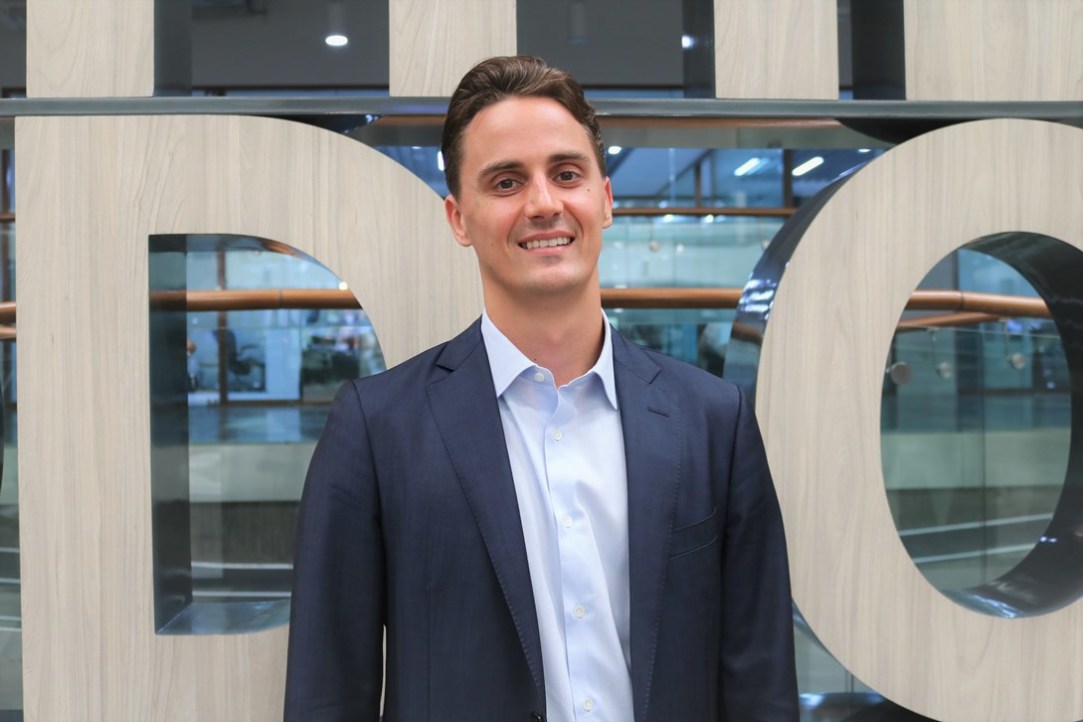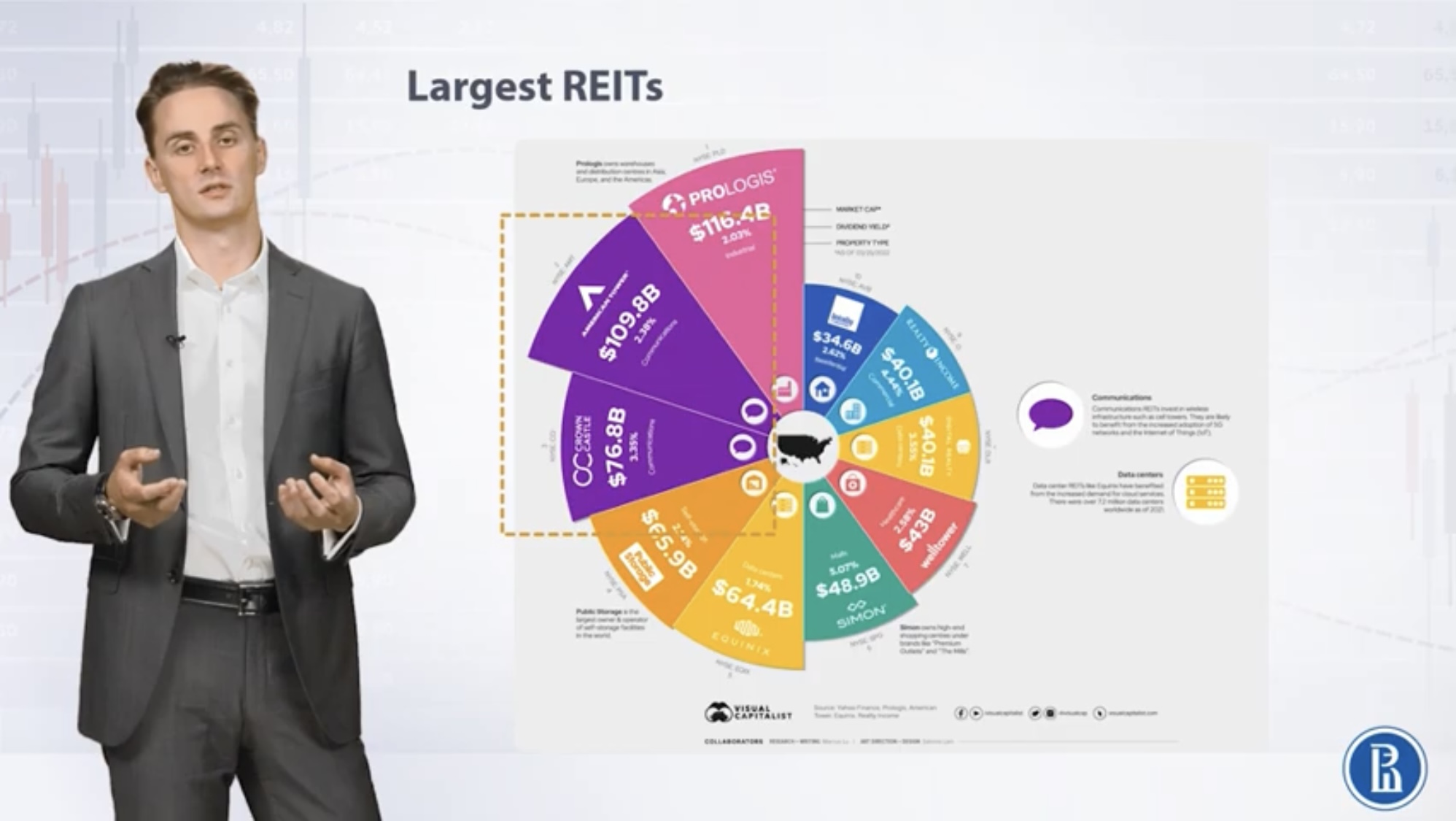‘Knowledge Must be Applicable in Practice and Useful from Day One at Work’

Anatoly Potashov graduated from HSE ICEF in 2014. Today, he is a guest lecturer at HSE University and the author of the ‘Project and Venture Financing’ and ‘Alternative Investments’ courses. In his interview, Anatoly speaks about how Harvard Business School's online course inspired him to record an online course for HSE's Master of Finance programme and about working on funding for multi-billion-dollar projects.
— Why did you decide to record courses for the Master of Finance online programme?
— I wanted to share the knowledge and experience I had gained while working in investment banks and foundations. I have been running face-to-face seminars on Private Equity & Venture Capital at ICEF for several years. Disruptive Innovation, an online course at Harvard Business School by Professor Clayton Christensen (HBS Executive education), which I completed myself, inspired me, and I decided to do something similar. I met Vasily Solodkov, Academic Supervisor of the Master of Finance programme, and I was offered to record two online courses: Alternative Investments (6 weeks) and Project & Venture Financing (4 weeks).
— Tell us about the Project and Venture Financing course.
— Project Financing is financing of large infrastructure projects, such as building toll roads or airports. They are usually long-term and expensive projects with budgets spread over several years. By contrast, Venture Financing is financing of start-up projects with a budget forecast horizon of a few months. In order to understand the financing structure and grasp the key risks, you need to know how the individual parts of such projects are interrelated. This is the main idea behind my course. This is the vision I developed partly during my time at Sberbank, where we were financing NOVATEK's Yamal LNG (a liquefied natural gas project, which received €3.6 billion from a consortium of banks in 2016). As for the venture stage, I gained such experience later, while working for Invest AG and RT-Business Development funds.
— What were you responsible for on the Sberbank project?
— Our team was in charge of lending. We had to seek financing approval for the project from Sberbank’s management board. To get these approvals, we had to gather a large amount of information from the transaction documentation, study the business plan in detail, and analyse the financial model. In doing so, we had to take into account the Central Bank's regulatory restrictions and Sberbank's risk management policy and propose competitive financing. However, as an analyst, you only see a small fraction of a huge project, and it is not very easy to grasp the big picture.
The difference between a beginner and a professional is that with experience, you start to see how small nuances make up a big project: one department assesses risks, another assesses the interest rate, funding for the loan, etc. It is important to understand where the bank is inclined to make concessions to the client and where, conversely, it will insist on stricter requirements. As an analyst, you need to understand the project's large financial model and predict the best financing option.
— Going back to the course, what lies at the core of the programme?
— When writing the programme, I did a compilation of textbooks on corporate finance and also used CFA (Chartered Financial Analyst) exam preparation materials to fit an extensive theoretical base into a few weeks of the course. I also prepared practical cases so that students could build a financial model for evaluating a project on their own. In other words, I wanted the training to be as practice oriented as possible, simulating real-world tasks at work. Some assignments were structured to encourage students’ critical thinking and make them look for answers outside of the lecture material. That is how we were taught to study in the ICEF: you work a lot on your own, figuring things out, looking for answers whenever you need more information.

— Can you give a more specific example?
— For the course exam, I gave students an Excel file with an incomplete financial model, which they had to complete and write their conclusions on, including an investment recommendation at the end. This is a practice-oriented assignment. When you begin working for a company, you are immediately asked to analyse and calculate something. This is not an exam where you have to answer some theoretical questions. Once you are an employee, you are supposed to be useful and able to apply your knowledge in practice. Knowledge gained for the sake of knowledge is useless.
I recorded several video screencasts about a financial model, where I analysed it and explained its important components. These videos were helpful for students; they could go through all the steps of constructing and analysing a model together with me. After these practical screencasts, I would conduct an exam where students had to build a financial model on their own without any prompting.
I saw that most of the students did well on the questions from the lectures and got high marks. But as soon as they proceeded to practice, many of them got lost in formulas and made mistakes in the logic of calculations. Although all the formulas were in the lectures and the students had learned them well, it was more difficult to apply this knowledge in practice.
— What are some typical mistakes that students make while doing this assignment?
— I noticed that most of the students lacked basic knowledge in accounting and corporate finance. So, when they were making a cash flow statement, some of them missed an element—for instance, interest earned on deposits. All students used interest expense on loans, because they knew that this component had to be deducted. But many students forgot about the new indicator, which was not in the general formula of the presentation.
Let me give you another example. ‘Business value = Equity + Debt – Cash.’ Everyone knows the general formula well, but as soon as an unfamiliar component appears in it, some students can no longer figure out what to do with it: subtract it or add it up. They could have found it on the internet or looked it up in a textbook, but they did not.
Perhaps students prefer to have ready-made formulas. But it turns out to be more complicated in practice. They need to know formulas, but they also have to understand how these formulas work. Many students seem to expect an online course to be limited to the materials they are given. But this is not quite so.
— What makes your course special?
— First of all, I wanted to teach students structured knowledge. Using just a couple of training modules, I wanted to explain the basic principles behind complex concepts set out in hundreds of pages of textbooks. I also tried to show the students that they need something more than just formulas in life; they need to be able to think outside the box and be flexible. Last but not least, I wanted to help my students develop practical skills that are useful from day one at work—to teach them everything they need to be able to have successful job interviews and start working in this field.
— How relevant do you think your course will be in a few years' time?
— First, I have tried to systematise knowledge for the students. Second, I did my best to teach principles rather than formulas. As long as they understand the system and principles of work and can practice the new skills, students will be able to apply the same principles and skills to complete new assignments in five or ten years’ time.
I took the CFA exam myself as a student, so I understand exactly what it takes. What I really like about this exam is its well-structured approach to the presentation of knowledge. However, the CFA is still limited in its functionality. You learn to solve problems just to be able to calculate the correct answer, like on the Russian EGE exam. Unfortunately, the CFA format does not develop practical skills. That is why I have tried to give students a system and principles on top of the exam tasks. I hope this will help them solve any other problems they may encounter in the future.
Free access to HSE online programmes:
Finance, the Quantitative Finance specialisation
Master of Business Analytics, the Introduction to Value Based Business Analytics specialisation
Master of Computer Vision, the Basics in Computer Vision specialisation
Written by Elizaveta Tikhomirova, Online Education Office, HSE University

